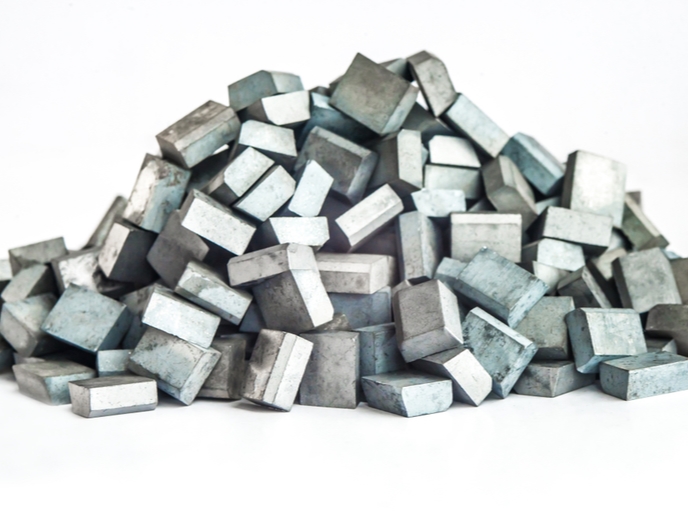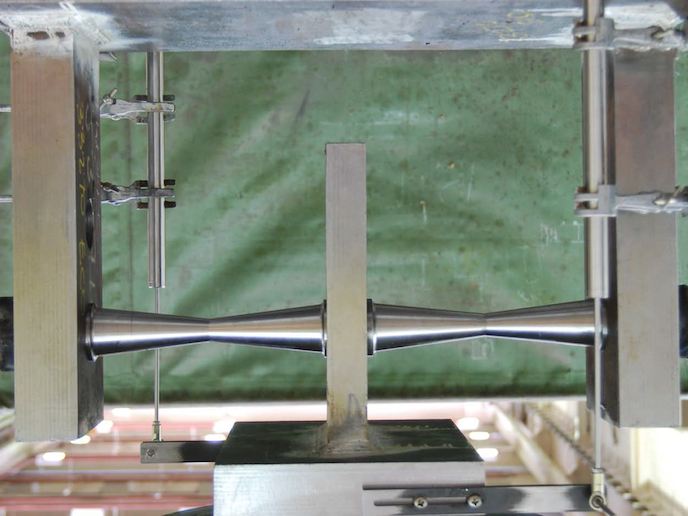Towards zero industry waste
The automotive, construction, electronics and photovoltaic industries create 1.2 billion tonnes of industrial waste every year. These businesses would do well to follow nature's example when it comes recycling, repair, refurbishment and reuse: waste nothing. The ‘Towards zero waste in industrial networks’ (ZEROWIN)(opens in new window) project was established to achieve this by fostering cooperation across sectors so that waste from one industry becomes the raw material of another. The consortium worked towards a 30 % reduction in greenhouse gas emissions, 70 % reuse and recycling of waste, and a 75 % reduction in freshwater use. Researchers developed a roadmap for using radio frequency identification tags to manage and track waste. They also investigated a range of other smart technologies for real-time monitoring and identification of waste. A knowledge management platform similar to Wikipedia was designed, and it is known as Zerowin Wiki(opens in new window). In addition, knowledge gathered and generated throughout ZEROWIN was compiled into a production model for waste prevention and into an online guide to waste entrepreneurship. Finally, the project used 10 case studies from around Europe to prove that the objectives and technologies developed during ZEROWIN are viable and can inform policymaking. The industrial symbiosis approach pioneered by this consortium holds promise for a sustainable industry of the future.







